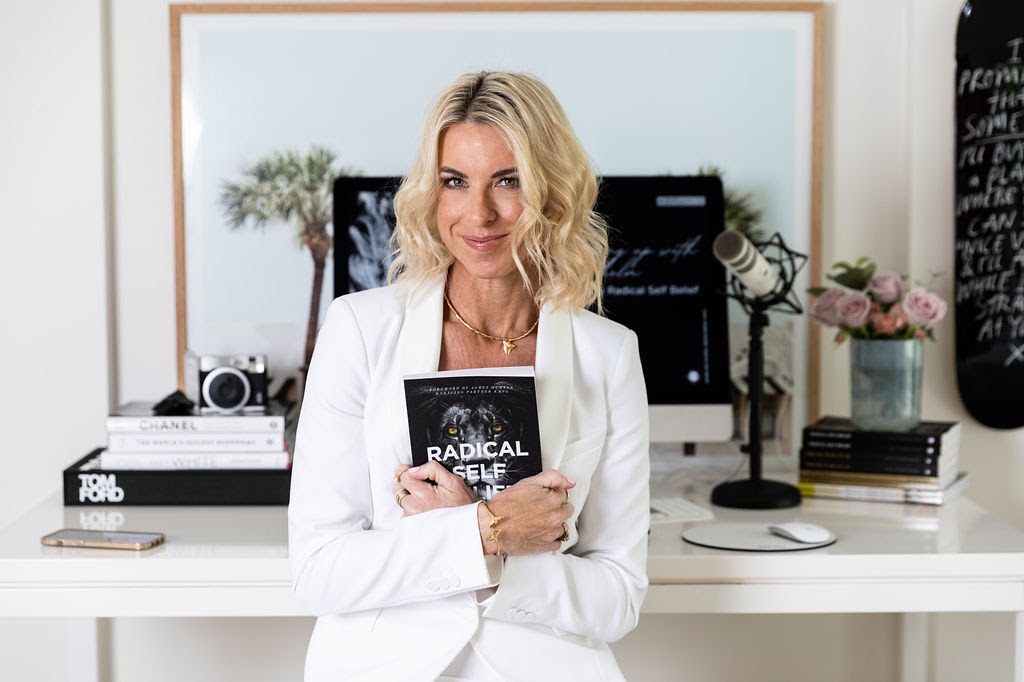TMM148 3 Steps To Stop Gaslighting
Jul 09, 2021How To Stop Gaslighting.
3 Crucial Steps to end toxic communication styles and disengage from bullying behaviour.
- What is gaslighting?
- Why is it toxic?
- Why we need to not engage.
- How to let go of being in the cycle.
- Recognising the signs of unhealthy communication How to step out of this with grace and lead by example
What is gaslighting?
If someone is trying to control a situation or making you doubt yourself, that is NOT okay and that is NOT healthy. It’s a learned behavior from a very young age, where we feel we need to sell our way into things. We’ve always spent time negotiating for what we really want to do.
Gaslighting usually happens when you are baited into something. Being nice to you then guilt tripping you, embarrassing you, excluding you, going back and forth are examples of gaslighting.
Why is gaslighting toxic?
In a healthy relationship, there’s a reciprocal give and take of energy where there’s no negotiation required. This is a really important distinction in interpersonal relationships. We want to be self-sufficient and completely satisfied with ourselves, knowing we can add value to any person, place, or thing.
The first step in stopping gaslighting is just recognizing the signs. If someone is always trying to control you or make you question yourself, or if you’re always apologizing, those are the signs of being gaslighted.
How to not engage a gaslighter
The best way to regain your peace and calm if you’re being gaslighted is to take yourself out of the impact zone. Take a step back, and avoid unhealthy people.
- Trying to reason with an unreasonable person will never work out. Recognising what’s happening to you with gaslighting is the first step.
Don’t ever be afraid to speak up and take a step back. The next way to stop gaslighting is to tell that person the truth. However don’t expect that will create a change in their behaviour. It is to simply state the fact that you have a personal boundary that has been crossed.
You don’t have to tell them why it’s not okay, or try and get them to change their behaviour, just letting them know their behaviour is not okay.
How to disengage and let go of being in the cycle.
Don’t be afraid to confide in someone you trust if you find yourself in an emotionally or physically manipulative situation.
The significance of feeling heard is so important.
Ask a third party for help and support. Don’t try and deal with a narcissist alone, they love the drama and the attention. Don’t be an ethical bystander in your own life.






